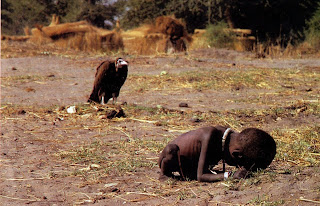
In general, this has been a bad academic year. However the marks i got have been good. I think that the self evaluation depends on a lot of factors, example of the hours dedicated to the study, the number of courses, the assistance, external problems to the university, motivation generated for the courses, etc. I think that the good marks not only are determinated for the intelligence of the students, this depend of all these factors. Too depend on the teachers, for example of their personality or of their ability to teach. However, not all has been bad: the courses and marks aren’t all the university life. There are many good things, for example the relations whith the friends and classmates, the thousands of new things that are learned, etc.
In the first term i had six subjects. This were Economical Anthropology, Urban Anthropology I, Quantitative Methods II, Systems Anthropology, Geographic Information System (GIS), and finally English III. Whereas, i have in the second term eleven subjects. The principals subjects are: Urban Anthropology II, Feminism and Anthropology, Folk and Culture, Medical Anthropology, Anthropology and Religion, English IV, etc. Has been a very hard term. I had study a lot, read many papers and books, and to use all my time in class. Today, in the end of the term i`m very stressed and tired. I only think on holidays. Of these subjects, my favourite was Quantitative Methods II. This is a excelent class and one of the reasons that i like it is because the teacher is very good. His name is Jaime Fierro. He teaches of a way clear and explanatory. In adition, he teaches all the matter that he is supposed to teach...not all teachers do that. Furthermore, in this course i learned to use a computer program that is called SPSS (it's a computer program used for statistical analysis). Are input variables to consider, depending on their type and scope of the investigation can be used either estadisitica technique. The marks i got in this subject were very good, and because now (second term) i`m assistant on this course (Too i`m assistant of other course called Chilean Etnology). However not all the teachers are good. There are teachers that isn’t interested on his class or students. They only is concern of the money and personal projects. Their class are very demotivating.
As i said before, this year has not been a very good one, but not because of the marks i got in the subjects, but for external problems to the university, specially family problems. I think that i could have got best marks that I had got. But this isn’t important now. These weeks, the last weeks of the year, i`m very tired, stressed and boring because i don’t want study more. I have a lot of courses in the second term, and for this has been very hard. But efforts have good results: i hope to get at year's end my degree in Social Anthropology… I’m almost a professional!!














